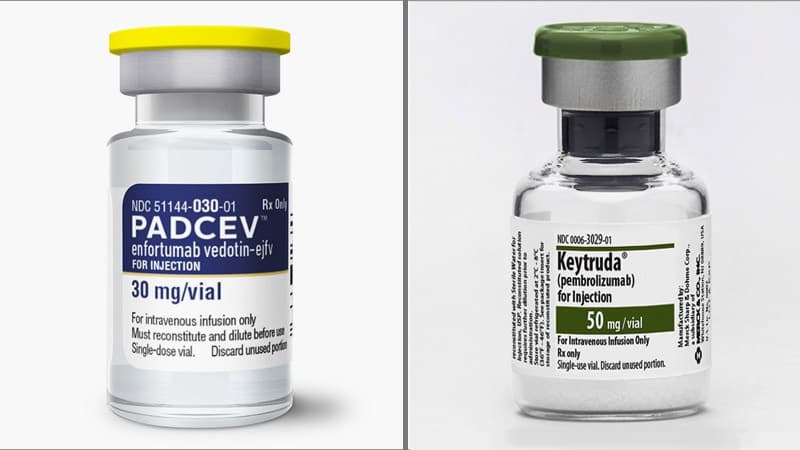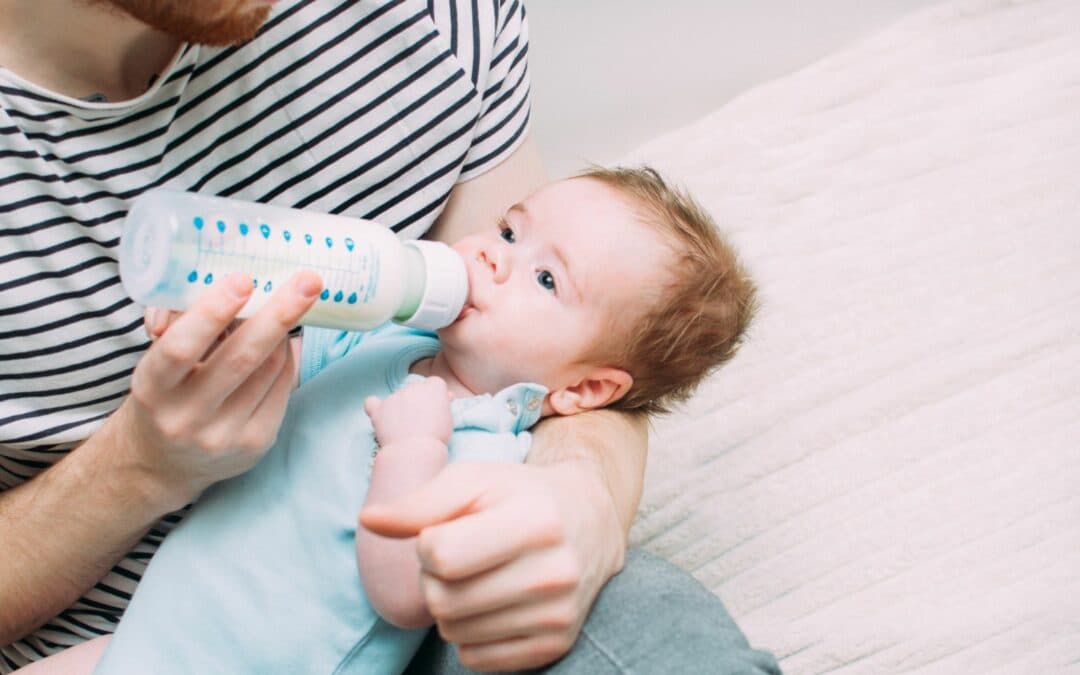Jamaica Declares Leptospirosis Outbreak After Hurricane Melissa, Six Dead
Jamaican health authorities declared an outbreak of leptospirosis after Hurricane Melissa, reporting nine confirmed infections, dozens more suspected, and at least six fatalities. The announcement underscored rising public health and humanitarian pressures as the island struggled with flood damage and contamination from stagnant waters.

Jamaican health officials on November 21 declared an outbreak of leptospirosis following the flooding brought by Hurricane Melissa, which struck the island on October 28. Authorities said nine cases had been confirmed and dozens more were classified as suspected between October 30 and November 20, and that at least six people had died. The announcement came as communities continued to contend with widespread storm damage and the public health challenges that accompany prolonged flooding.
Health officials attributed the outbreak to heavy rains and subsequent flooding that left pools of stagnant, contaminated water across low lying and agricultural areas. Leptospirosis is a bacterial disease commonly transmitted through water contaminated with the urine of infected animals. When floodwaters mix with sewage and agricultural runoff, exposure risk rises for people who wade through or work in those waters without protective gear.
Officials warned farmers, cleanup crews and others who came into contact with floodwaters to take precautions and to seek prompt medical attention for symptoms such as fever, muscle pain and vomiting. Local clinics and hospitals reported increased patient loads in the weeks after the storm, with clinicians focusing on rapid diagnosis and antibiotic treatment to reduce the risk of severe complications. Health authorities also emphasized basic preventive measures including avoiding contact with floodwater when possible and covering cuts and sores to limit exposure.
The leptospirosis outbreak deepened an already difficult recovery for Jamaica, where officials estimated storm damage in the billions of dollars. Infrastructure repairs, displacement of residents, and restoration of potable water supplies remained priorities even as emergency teams shifted to disease prevention and cleanup. Public health experts said the combination of physical destruction and contaminated environments can accelerate secondary health crises after major weather events.
Local governments mobilized sanitation and vector control teams to pump and drain standing water, clear debris and distribute sanitation supplies in affected communities. At the same time, officials faced logistical hurdles including damaged roads and disrupted communications that complicated outreach to remote parishes. Non governmental organizations and international partners had previously been engaged in relief efforts focused on shelter and food security, and were redirecting some resources to support disease surveillance and medical care.
The outbreak highlighted broader concerns about climate related risks in the Caribbean, where more intense storms and heavier rainfall events are expected to increase the frequency of flooding and waterborne diseases. For Jamaica, the immediate challenge was to stem transmission, treat those sick, and protect workers involved in cleanup operations. The longer term challenge will be strengthening infrastructure and public health systems to reduce vulnerability to future storms and the outbreaks they can trigger.
As authorities continued case finding and public education campaigns, hospitals and clinics remained on alert. The health ministry planned to update case counts as laboratory confirmations were completed and surveillance extended into the coming weeks.

